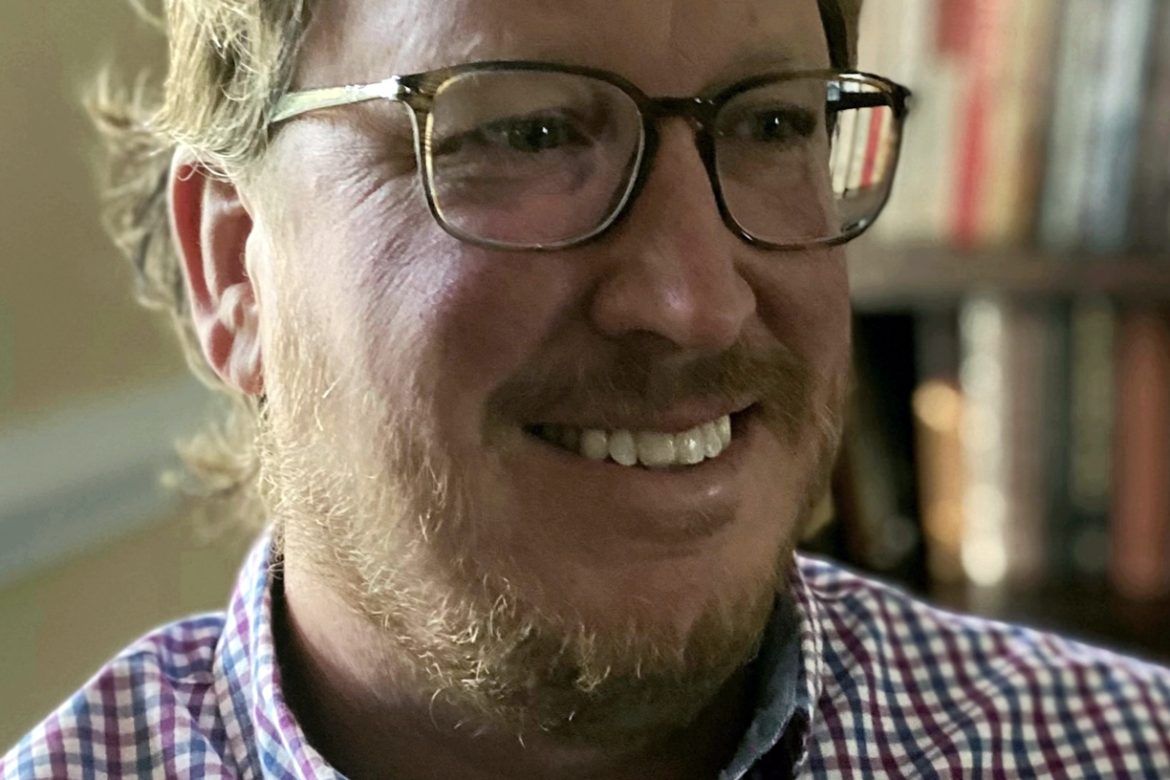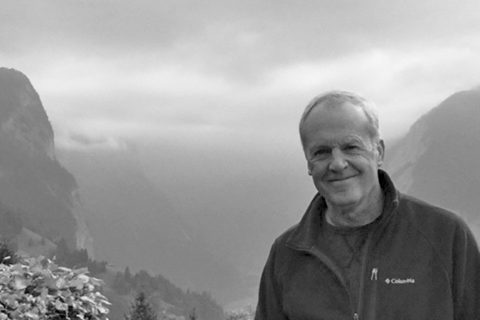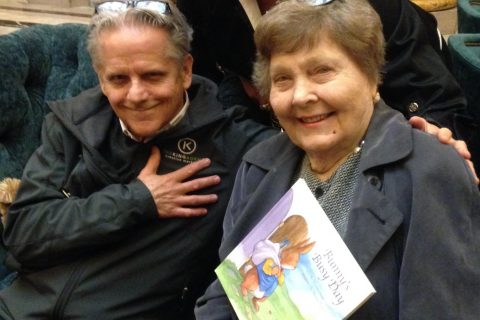
Q: Of all the disgraced former presidents available, is there any special reason you chose Millard Fillmore to host your ghostly tours through American history?
A: Why Millard Fillmore? I read years ago that some folks in the city of Buffalo had a tradition of lampooning President Fillmore on his birthday. Scores of people would gather at his grave on January 7th to bask in his obscurity. This struck me as a delightful tribute, and I’ve carried it with me. In my way, I’d say I was honoring the tradition of giving this man a bit more than perhaps might be expected. In addition, I also carry with me a bit of an asterisk to his legacy. Fillmore’s presidency is complicated by, and doomed by, the Fugitive Slave Act. On the surface, he signed it and the case is closed. On a deeper dive, Fillmore (who “detested” slavery) truly believed his oath of office compelled him to sign the Act, albeit reluctantly, because of the existing fugitive slave clause that was already enshrined in the Constitution (that’s right, all of the Constitution signers signed a fugitive slave act, and Washington penned another years later . . . lots of signers, clauses, acts, etc.). While all things “fugitive slave” now land squarely and solely on Fillmore’s plate, in reality he felt he had to defend the Constitution, for better or worse. With that perspective, don’t we want all our presidents to follow the oath to protect the Constitution? At any rate, in signing the Act, Fillmore stated that his reputation would be ruined. He was right. I might feel a bit sympathetic to his unwinnable situation. All that said, probably the main reason I went with Millard Fillmore…his name is simply, absolutely fabulous. It’s fun to say.
Q: The presidents showcased in The Presidents Did What? and The Presidents Did What, Again? did some truly, famously awful things, which the text never flinches away from. Nevertheless, both books are amazingly lighthearted! Do you have any tips or tricks for striking this notoriously tricky balance?
A: As a host, Millard Fillmore sets the tone of the book. He has good-natured, outsized confidence and bravado, which makes him perfect for lighthearted quips and jabs, although there is nothing lighthearted about the topics! The topics I explore are genuinely traumatic, and everything I cover is thoroughly available in very serious tones amongst countless works. I wanted to create an atmosphere where historical topics that need to be introduced to readers are done so in an accessible way, which, in my case, is a bit of levity. I also believe that the apologetic nature of the presidents themselves helps to convey not only remorse, but an understanding that in today’s world, these events most likely wouldn’t have happened as they did, and our current presidents wouldn’t make such decisions (we’d hope!). The presidents in my books are generally sorry for what they’ve done. This, combined with a bit of humor, strikes a balance with the weight of the history.
Q: Authors writing politically inclined children’s books usually tackle the subject from an inspirational angle. But you’ve taken a different approach, to say the least! Can you talk about why you feel it’s important for kids to be told the bad side of history and politics, as well as the good?
A: In truth, any formative geopolitical literacy requires the unfortunate understanding that nearly all of our relationships are a result of, or were forged in, conflict. The bad stuff. How we relate to ourselves, our neighbors, and our global community has been shaped by, in more times than not, a fairly lousy experience. If we want our future citizens to be responsible, accountable, and prepared players, whether in a global society or in the neighborhood, we have to fully disclose our history. Conversely, some of our crowning achievements as a progressing people came from overcoming our darkest times and most deplorable decisions. Kids need to hear all sides of our story. I’ll give the last word to President James Garfield: “The truth will set you free, but first it will make you miserable.”







